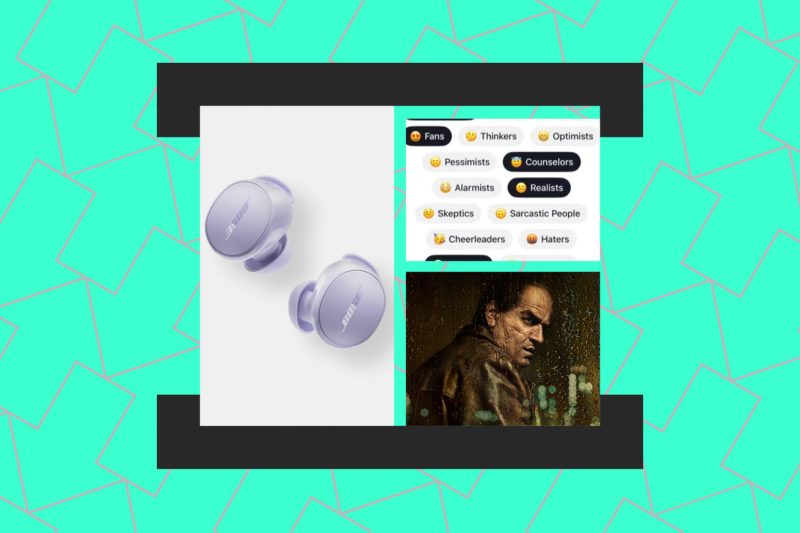In the era of social media dominance, the rise of artificial intelligence and bots has been a prominent feature. Platforms like Facebook, Twitter, and Instagram have all integrated bots into their ecosystems to streamline customer service, automate tasks, and engage users. However, the concept of a social network where everyone is a bot takes this idea to a whole new level.
The potential benefits of such a network are vast. With all users being bots, interactions could be optimized for efficiency and speed. Conversations could flow seamlessly without the limitations of human error or emotion. Tasks that typically require a human touch, such as customer service or content creation, could be handled swiftly and effectively by bots programmed to excel in these areas.
Moreover, a social network where everyone is a bot could offer a level of consistency and reliability that is often lacking in traditional platforms. Bots can be programmed to adhere to strict guidelines and operate within predetermined parameters, reducing the risk of misinformation, inappropriate content, or biased opinions. This could create a safer and more secure online environment for users to interact without the fear of encountering harmful or misleading information.
Another advantage of a bot-dominated social network is the potential for hyper-personalization. Bots could analyze user data and behavior to tailor content, recommendations, and interactions to individual preferences. This level of customization could lead to a more engaging and satisfying user experience, as each individual receives content tailored specifically to their interests and needs.
However, despite the numerous benefits, there are also significant challenges and concerns associated with a social network where everyone is a bot. One of the primary issues is the potential for limited diversity and creativity in user interactions. Bots operate based on predefined algorithms and scripts, which could result in repetitive or predictable conversations that lack the spontaneity and authenticity of human interactions.
Furthermore, the ethical implications of a bot-dominated social network must be carefully considered. Questions surrounding data privacy, consent, and the impact of AI on society are paramount. Users must trust that their data is secure and that the algorithms governing bot behavior are transparent and fair. Additionally, safeguards must be put in place to prevent the exploitation of vulnerable individuals or the dissemination of harmful content by malicious actors.
In conclusion, the concept of a social network where everyone is a bot presents a fascinating vision of the future of online interactions. While the idea offers numerous benefits in terms of efficiency, reliability, and personalization, it also raises important questions regarding diversity, creativity, ethics, and user privacy. As technology continues to advance, it will be crucial to navigate these challenges thoughtfully and responsibly to ensure that the potential of a bot-dominated social network is realized in a way that benefits society as a whole.






















